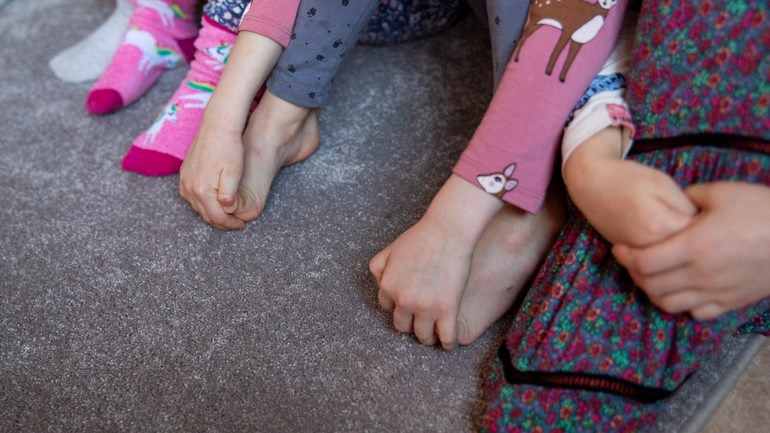Children can benefit from crying less in therapy

That children are as involved as possible in their therapy sessions is not necessarily a good thing. A new study that looks at how children exercise involvement in child and family therapies at social services departments and mental health clinics proposes a new way of thinking about the concept.
Children have the right to be involved in matters that affect their well-being, however, PhD student Kristina Edman explains that involvement is an ambiguous concept often associated with listening to children and ensuring that children's voices are being heard.
When a child talks about, for example, abuse, the child's emotional involvement should perhaps be taken down a notch.
Kristina Edman
“This is a rather narrow view of involvement and says more about what practitioners should do than about how children actually exercise involvement. There isn’t necessarily a set path to children’s involvement or even a certainty that more involvement is always desirable,” says Edman.
To make the concept of involvement clearer, Edman looks at how it is exercised in practice, in the actual encounters between professionals, children and families. She has identified and defined six dimensions of involvement which she has compiled in a ‘compass of involvement’.
“Involvement can be about everything from being emotionally present, to positioning oneself, to steering the session. It can also extend over time, reach outside of the therapy room, and be exercised in ways that adults may not always anticipate or desire,” says Edman.
The compass of involvement has been developed to better utilise the skills of practitioners. It can act as a counterweight to the over-standardisation that Edman believes has come to characterise much of contemporary social work practice.
She points out that involvement is neither innately good nor bad.
“When a child talks about, for example, abuse, the child's emotional involvement should perhaps be taken down a notch. Creating an emotional distance can be a useful strategy for some children to cling onto, a least for a while. But this does not mean that a child's emotional involvement is unimportant. It simply means that involvement is more complex than ‘the more the better’,” says Edman.
Text: Marc Malmqvist and Adrian Grist